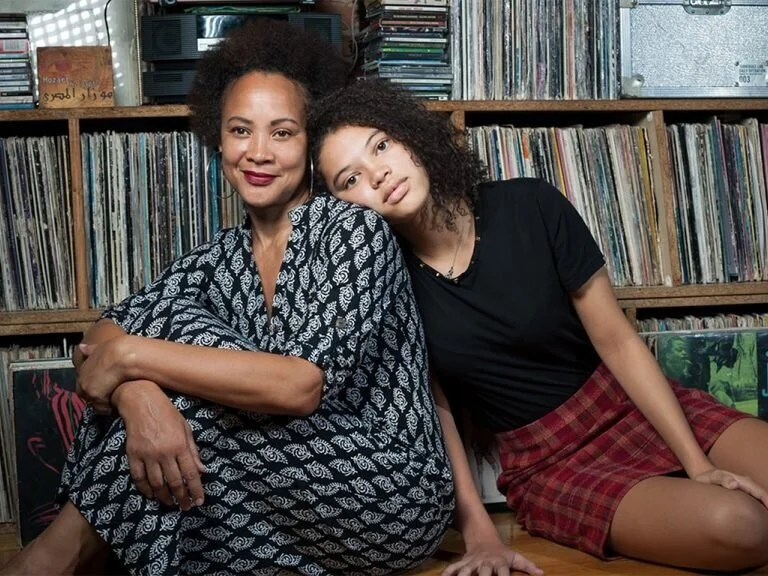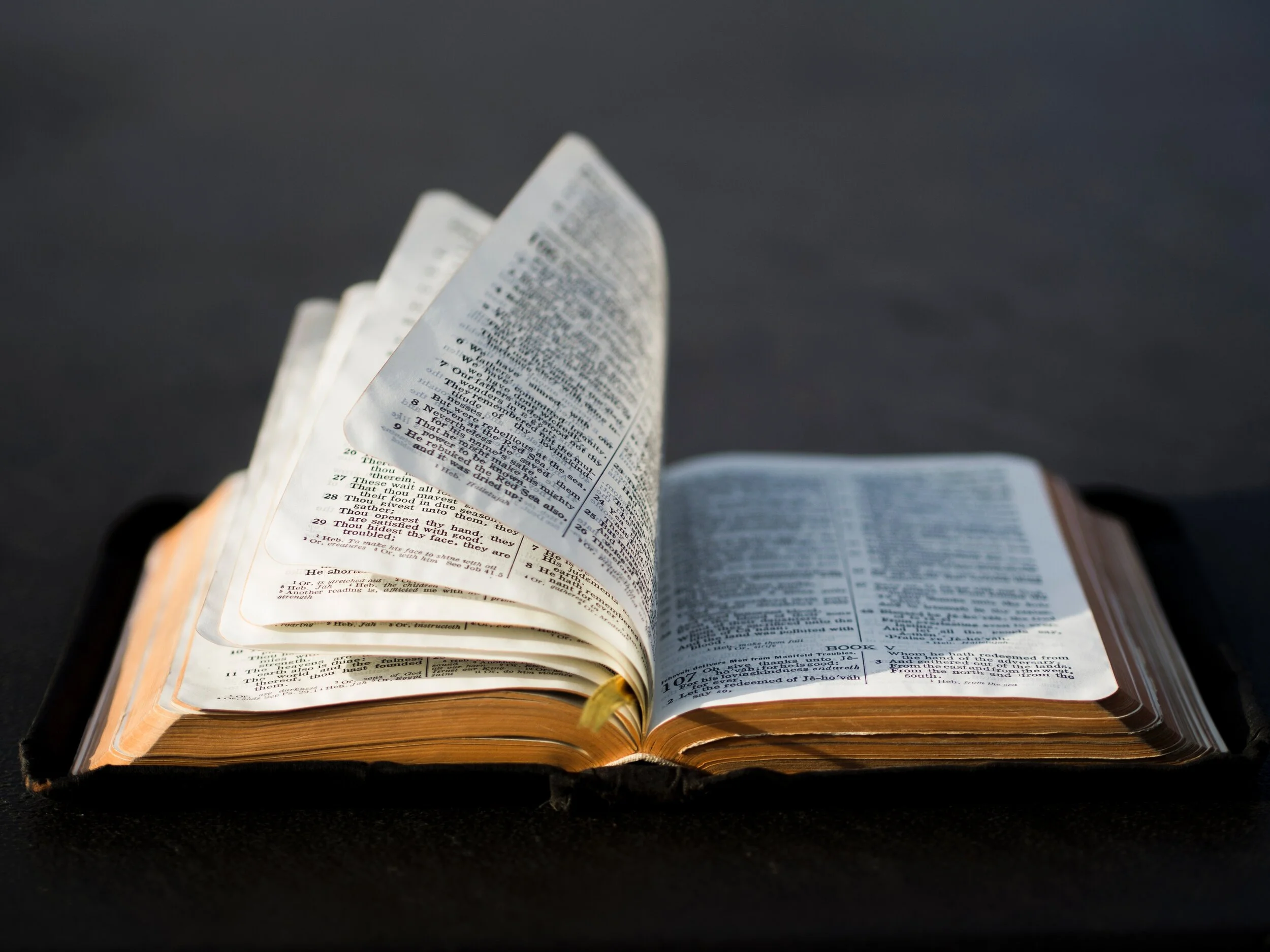What Dysfunctional Families Teach Us About Love
While working on a personal project, I’ve been researching books surrounding trauma and familial relationships. I thought that by reading the novel, All About Love by Bell Hooks, I would give myself a respite from the heavy information I was consuming. But to my surprise, very early into my reading, I realized the book was everything I didn’t think I needed. This isn’t meant to be a book review, but if you are looking for a book to read, I’d highly recommend picking this one up. Here is a link to make it easier https://amzn.to/2MbBADu.
In the first chapter, Hooks not only changed my perception of love but she lifted the veil relating to how I and countless other black women, see ways in which our households of origin contributed to our misunderstanding of what love is.
Over the next couple of weeks, I’ll be sharing 3 things I’ve learned.
Here’s the first...
Most of us were raised in homes where love didn’t exist
Hooks explained that one reason we fail at love is due to the “confusion that surrounds it.” She notes how society consumes many faulty definitions from various outlets such as the dictionary, media, self-proclaimed love experts, and even our selves. However, because there is no common definition that we share, we oftentimes find ourselves trying to practice a concept that has very different meanings to just about everyone.
How can I show you love if love for you means something different from what I believe?
I can receive love from someone whose definition of love doesn’t align with my own?
With that in mind, it's easy to understand, yet impossible for most of us to admit how many of us grew up in black households where love simply didn’t exist.
Before you roll your eyes at that statement, hear me out...
If you ask most black women (because my project focuses on the black, female population, I will emphasize how this applies to this group specifically, though I am well aware it’s common among others) if they felt loved while growing up, the response would likely be yes without hesitation. If you asked that same person to describe what it meant to be loved by their caregiver, they would usually respond in a way similar to, “well, my parents loved me because they worked hard to provide for me and made sure I was taken care of.”
Great. But, that doesn’t mean we had loving parents/caregivers.
If you asked me this a couple of years ago, that would have been my same response because I lacked the words to articulate that my home lacked love. And like so many of us, I equated being parented to being loved.
But, according to Hooks, and what I’ve come to agree with is care, affection, recognition, respect, commitment, trust, and honest and open communication are all single ingredients of a bigger concept...
Love
She writes, “To truly love we must learn to mix” all of these ingredients.
For me, that was eye-opening...
While reading, it became clear to me (as you will understand in the coming posts), how my caretakers provided a home where commitment and care existed in some fashion but severely lacked in other areas such as affection, respect, trust, and honest and open communication. I, like many others, have grown up in homes where we were cared and provided for but too afraid to admit it lacked love.
Far too often, we are shamed for suggesting that we didn’t feel love from our parents growing up which commonly leads to the disconnect we have from them. The judgment comes from various areas but I’ll focus on these:
Our peers
Those who can’t relate to our experiences and even those who can but have not yet been able to accept the dysfunction for what it is.
Our parents
Who habitually fail to acknowledge the areas in which they inflicted harm. The typical reaction to learning this is often, “Well, I did the best I could.” Or worse, “Well, I am still mama.”
While I have forgiven the lovelessness that existed in my home and my life, I understand how most of our mothers do the best they can. I can hold space in my heart for those who can willingly express that though they weren’t given all the tools to love properly, they did what they believed was best. With this, I understand how lovelessness is generational. Our parents could only teach and provide to us what they were taught and given. Tradition has taught us to “never question authority” so having beliefs that were different than what their parent's beliefs were was almost unimaginable. So, they teach and show what they know.
However, to be met with a response to the broken relationship with, “I’m still your mama” shows how little regard is given to adult children as individual beings. This places the title above the relationship. This way of thinking is what keeps dysfunction flowing among generations.
Religion
Religion is the glue that holds the black community together at its seams. Its teachings are what we’ve been taught to never question. Therefore, it’s not unusual that it can be the source of dysfunctional family systems.
When a child, who’s been abused in any way, is commanded to always “honor thy mother and father” it creates conflict within that child well beyond their young years.
What does honor look like?
Who decides what honor is?
The very parents who inflict the abuse or the adults who know of and reinforce the abuse usually set those standards. This scripture is a staple in black households. It teaches children to remain loving, loyal and connected to those who cause harm to them. It reminds us to never think outside of the beliefs that we’ve been taught because those differences of opinions, values, and beliefs do not honor our parents.
I wish I had more time and more space to dig deeper into this concept but for now, this will have to do.
Be sure to click here to subscribe to my blog to you don't miss the rest of this series.
Also, stay tuned for exclusive content relating to this topic on my new Patreon page.
I’ll be sharing more with those patrons so sign up today!




